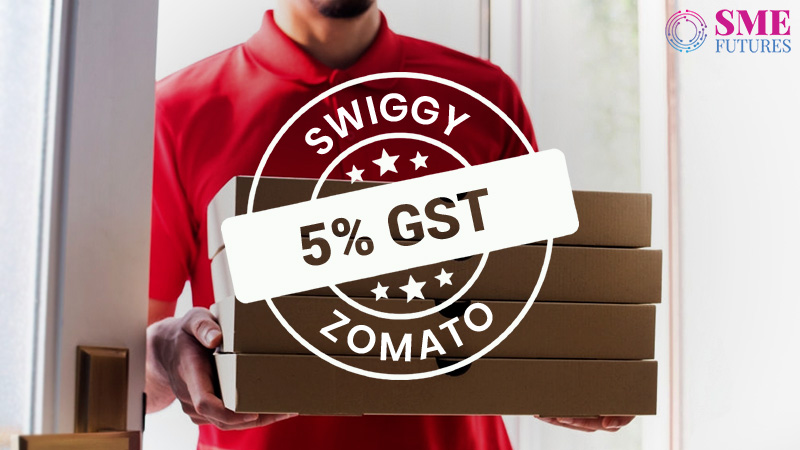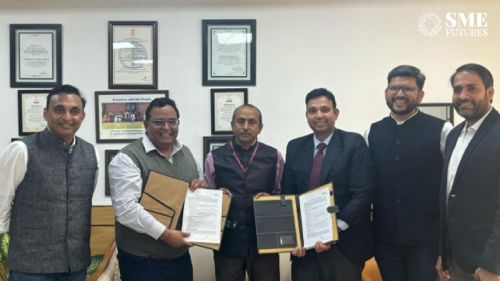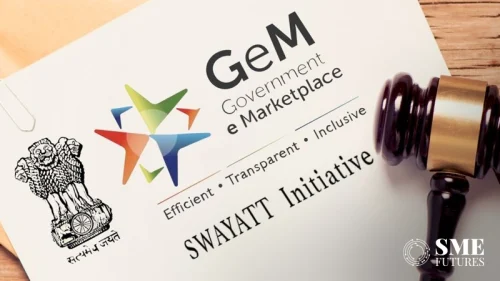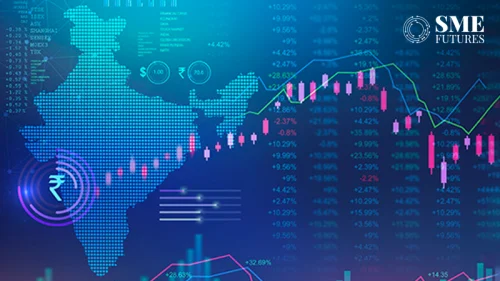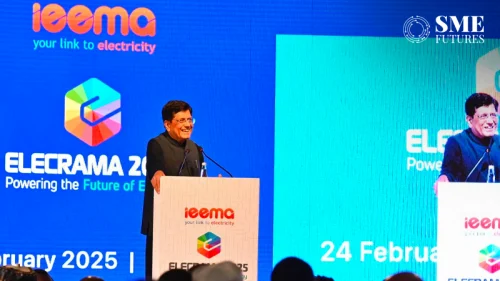The GST Council has approved a proposal to treat food delivery apps such as Zomato and Swiggy as restaurants and levy 5 per cent GST on supplies made by them.
Such food delivery apps will now be required to collect 5 per cent GST, or Goods and Services Tax, from consumers instead of the restaurant they pick up orders from, Finance Minister Nirmala Sitharaman said on Friday evening after the Council meeting.
There would be no extra tax burden on the end consumers taking food delivery from restaurants registered with the GST. However, the levy will plug tax evasion being done by unregistered restaurants.
The changes will be effective from January 1, 2022 to allow the e-commerce operators time to make changes in their software for such tax to be charged.
“E-commerce operators are being made liable to pay tax on following services provided through them : transport of passengers, by any type of motor vehicles through it (w.e.f. January 1, 2022), restaurant services provided through it with some exceptions (w.e.f. January 1, 2022),” a Finance Ministry statement on the GST Council’s decisions said.
“The decision to make food aggregators pay tax on supplies made by restaurants from January 1, 2022 seems to have been done based on empirical data of underreporting by restaurants, despite having collected tax on supplies of food to customers. The impact on the end consumer is expected to be neutral where the restaurant is a registered one. For those supplies from unregistered, there could be a 5 per cent GST going forward,” Deloitte India Partner Mahesh Jaising said.

